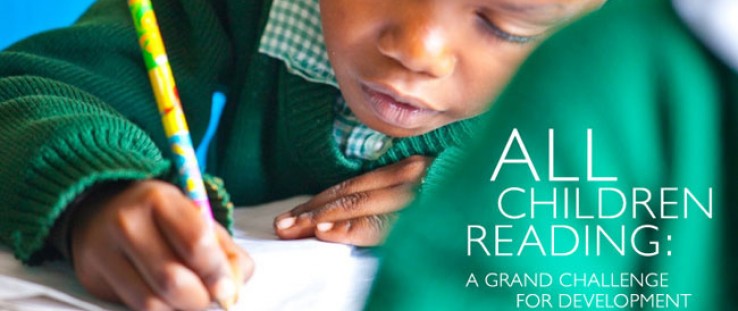 A boy practices reading and writing.
Derek Brown
A boy practices reading and writing.
Derek Brown
 A boy practices reading and writing.
Derek Brown
A boy practices reading and writing.
Derek Brown
Whether you’re digesting a work of literary genius, checking a text on your cellphone or scoping out the ingredients on the back of a cereal box, you’re reading. More times a day than you can even venture to count, you’re doing what 793 million adults worldwide cannot. These individuals aren’t missing out on a luxury. They’re being deprived of a necessity.
People who can read enjoy better health and make more money. By developing skills in literacy, they contribute to creating safer, more stable democracies, and are able to more effectively serve their families and communities.
If all students in low-income countries left primary school with basic reading skills, 171 million people could be lifted out of poverty. That’s equivalent to a 12 percent drop in world poverty, a statistic too big to ignore.
That’s why USAID has partnered with AusAID, its Australia development counterpart, and the international NGO World Vision to launch a multi-year initiative designed to improve early-grade reading outcomes in low-resource settings.
“All Children Reading: A Grand Challenge for Development is leveraging the power of research, capitalizing on innovation, pursuing partnerships, and borrowing from cutting-edge science, technology and 21st century infrastructure to achieve substantial impact in increasing child literacy around the globe,” says Alexis Bonnell, chief of education engagement for USAID. One component of this initiative was the global competition to advance quality approaches to early-grade reading, whose winners were announced in September.
As the second of USAID’s multi-donor grant-making Grand Challenges, All Children Reading is engaging new actors to improve the design, production, distribution and accessibility of teaching and learning materials and education data. After putting out a call for proposals to improve early-grade literacy in poor countries, the competition received over 450 applications from foundations, corporations and individuals to work in over 75 countries.
“It was a huge early success, receiving so many proposals for the competition,” noted Anthony Bloome, campaign director of the All Children Reading Grand Challenge and senior education technology specialist at USAID. “This was a clear indication of how many motivated individuals and organizations are out there interested in doing extremely valuable work to advance early-grade reading around the world.”
Ultimately, 32 innovators were selected to help scale up or implement their projects. Over half of the submissions came from—and half of the awards were ultimately given to—local organizations in recipient countries, many of whom had never received funding from USAID.
“With all the Grand Challenges, and All Children Reading specifically, USAID is engaging new actors in the development world and supporting some of the most innovative solutions to a problem that has not been solved through traditional means,” explains Natasha de Marcken, director of USAID’s Office of Education.
On Sept. 7, as part of USAID’s International Literacy Day celebration, the innovators came together to share their approaches to improving early-grade reading outcomes. The DevelopmentXChange, held in Washington, D.C., showcased and traded ideas on cost-effective, scalable innovations grounded in science and technology that, with the support of USAID and its partners, will have a significant impact on the world.
Improving worldwide literacy rates won’t happen overnight, but with approaches like those of the Grand Challenge winners, PlanetRead, Drakkar Ltd. and Pratham, this latest international campaign appears to be headed in the right direction.







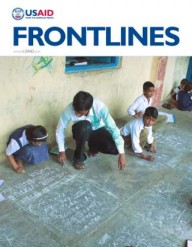

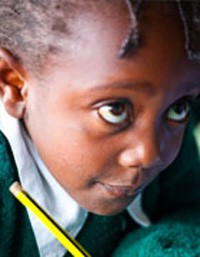
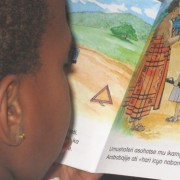
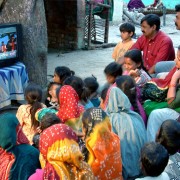
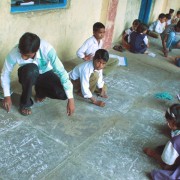
Comment
Make a general inquiry or suggest an improvement.